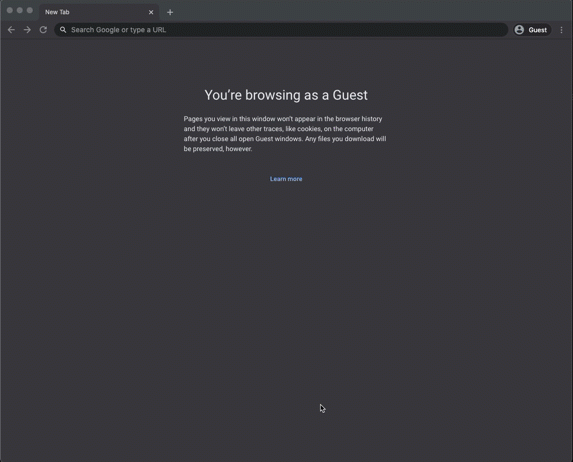WikiLoop is led by Zainan Zhou—a Googler for the last 7 years, and a Wikipedian for the last 5—who works as a software engineer in the Knowledge Engine team at Google. When he joined the free encyclopedia as an editor, he always wondered how his company could contribute to this open source project. Zainan involved the Wikipedia communities in every step of the development of WikiLoop, connecting with editors from different parts of the world at Wikimedia events, like WikidataCon, Wikimania, Wiki Conference North America, and WikiDevSummit, throughout 2019. The most recent involvement with the community of Wikipedia editors included a consultation and vote to change the name of the most popular WikiLoop artifact, a tool for peer-review of Wikipedia articles, DoubleCheck.
In the past few months, we focused on raising awareness of WikiLoop DoubleCheck. This tool allows registered and unregistered users to mark new edits with tags “looks good”, “not sure”, and “should revert”, a peer review system which editors could use to approve or revert new content on Wikipedia. Since its launch, the tool has witnessed a 309% quarter over quarter growth in tags added, and over 1,000 editors have used it to review Wikipedia content. With the help of volunteer translators and machine translation, WikiLoop DoubleCheck is now made available in 25 languages, and we hope to continue serving more Wikipedia editors in the months to come. In order for Google’s Knowledge Engine to organize the world's information, the knowledge source needs to be healthy. While peer-review on Wikipedia is an established process that has been going on for years, tools like WikiLoop DoubleCheck support the thousands of volunteers who dedicate their time to this task on Wikipedia by making information verification more accessible.
In the past few months, we focused on raising awareness of WikiLoop DoubleCheck. This tool allows registered and unregistered users to mark new edits with tags “looks good”, “not sure”, and “should revert”, a peer review system which editors could use to approve or revert new content on Wikipedia. Since its launch, the tool has witnessed a 309% quarter over quarter growth in tags added, and over 1,000 editors have used it to review Wikipedia content. With the help of volunteer translators and machine translation, WikiLoop DoubleCheck is now made available in 25 languages, and we hope to continue serving more Wikipedia editors in the months to come. In order for Google’s Knowledge Engine to organize the world's information, the knowledge source needs to be healthy. While peer-review on Wikipedia is an established process that has been going on for years, tools like WikiLoop DoubleCheck support the thousands of volunteers who dedicate their time to this task on Wikipedia by making information verification more accessible.
The WikiLoop program was originally conceived as a virtuous circle: providing data and tools to enhance human editor's productivity, and making the Wikipedia editorial input more machine-readable for open knowledge institutions, academia and researchers interested in advancing machine learning technology.
WikiLoop leverages Google’s talents at software development to contribute to global Wikipedia content accuracy by enhancing the existing suite of Wikimedia and community tools for content validation at scale. While WikiLoop is a contribution of Google to the Wikipedia communities, Google and the Wikimedia Foundation have partnered in other areas as well. Learn more about Google’s partnership with the Wikimedia Foundation on the partnership’s page on Meta-Wikimedia.
While probably the most popular in the set, DoubleCheck is not the only tool under the WikiLoop umbrella. We are also building data sets and tools and continue to explore other opportunities to contribute to the open knowledge movement. Learn more about tools and other initiatives, like the Coalition call, on the program’s page on Meta-Wikimedia.

